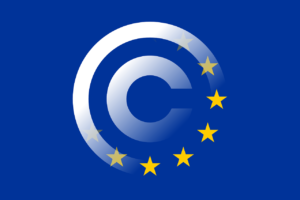@Linebyline @ms_zwiebel @davidrevoy There is some flaw in your reasoning. Not opting-out does not mean you opted-in. That would be very weird.
Normally opt-out is really shitty since companies love to to assume you consented to something. Bad practice in software in general, also why for example the EU stepped in with GDPR. To make clear that “no assuming consent is not good enough or allowed” (within reason there is a lot to the GDPR so please excuse this gros simplification here)
Copyright works on a different basis. It is opt-out by default but here it works in favor of creatives. It is generally assumed in copyright that unless stated otherwise you keep all the right to your creation to yourself and no one is allowed to use it in any capacity* without your explicit consent (the famous “all rights reserved”)
Now copyright is a highly legislated field but I am pretty sure this general assumption is still the norm to this day.
There is obvs. the big elephant in the room here called “ fair use”. Its a whole can of worms which is very complicated tbh. The general terms would be this (in the US):
“the fair use of a copyrighted work, […] for purposes such as criticism, comment, news reporting, teaching (including multiple copies for classroom use), scholarship, or research, is not an infringement of copyright.”
But if AI meets any of these critieria is a legislative question. Also AI-Use will involve IP-law as well.
So no I don’t think the addition of an “No AI” would make it a free-for-all to use any images that don’t have the tag for AI. Copyright itself is so much opt-out its the reason why creative-commons even exists.
without CC I would need to assume that every image I see on the internet is considered “all rights reserved” and if I can’t claim fair use I would need to message the artist and ask for permission first. Gets tiring fast.
Creative Commons is a legal framework where artists can license a broad set conditions to x-people with a common license.
So generally I think it is a good Idea that CC adds more signals to its system just so its easier for artists to express their will in a legally binding and legally-approved way. There shall be discussion on what that entails.
Also there is the technical aspect. How do I tell AI this. Its not reading the webpage like a human would looking for license info. So you would need to find a way to tag the image with say CC-NOAI in machine readable form and make it in a way its very parasitic and cannot be stripped from the image without making it useless. I would then still scrape all images but toss-out these that have such tags. But that assumes no ill-intent on the side of the creator of the AI. Which was shown we cannot trust on. But how to enforce this.
CC cannot really help you out here since its the individuals matter to protect their copyright in court. CC could only maybe collect such cases and make some sort of combined legal case…
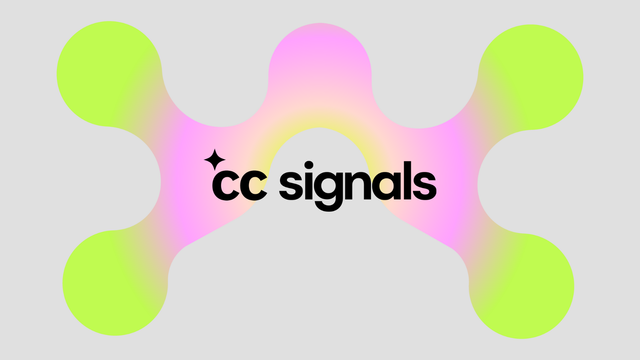
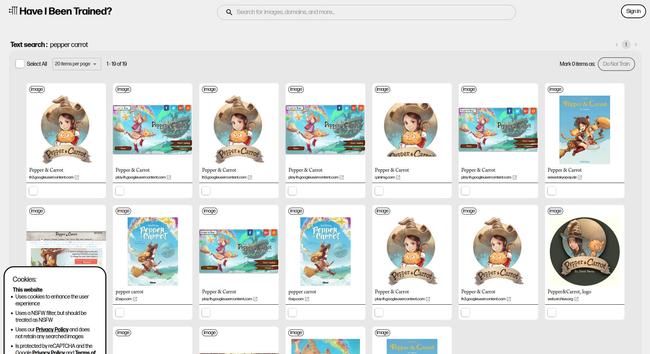

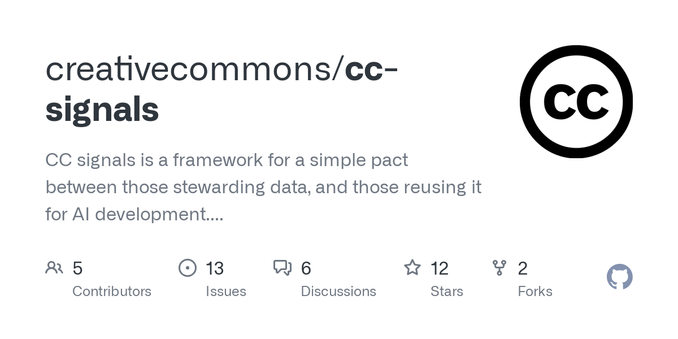
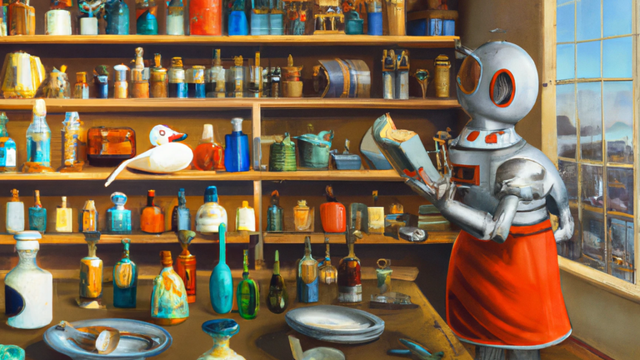
 Its atleast a bit less shitty here.
Its atleast a bit less shitty here. 
